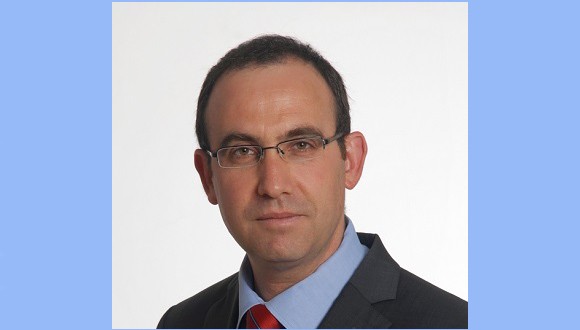The 2019 Rappaport Prize for Excellence in the field of Biomedical Research is awarded to Prof. Ehud Gazit from the School of Molecular Cell Biology and Biotechnology
The Rappaport Prize for Excellence in the field of Biomedical Research is awarded to scientists for groundbreaking or innovative research which has the potential to advance the health of mankind. The research must have real and applicable therapeutic implications for human welfare.
The Rappaport Prize for Excellence in the field of Biomedical Research is awarded to scientists for groundbreaking or innovative research which has the potential to advance the health of mankind. The research must have real and applicable therapeutic implications for human welfare. The Prize is intended to encourage scientists to undertake scientific and clinical research that could significantly advance a specific medical field. One of the recipients of the 2019 award for an Established Israeli Scientist is Prof. Ehud Gazit from the School of Molecular Cell Biology and Biotechnology.
Gazit's main achievements include the pioneering mechanistic characterization of the self-assembly of amyloid nano-structures by extremely short peptide fragments, the structural identification of oligomeric amyloidal toxic assemblies, and the development of inhibition technologies, as well as synthesis of novel chemical entities (NCEs) in pre-clinical and clinical development for the treatment of a variety of degenerative disorders. His work also led to the development of a revolutionary branch of peptide nanotechnology that is currently being studied by more than 100 research groups around the world. This activity involves the discovery of a novel class of peptide nanostructures with unique chemical and physical properties that are useful for numerous technological applications, including medical and dental materials, material reinforcement for personal armor, ultra-sensitive sensors, optical devices, and energy storage products. His recent discovery of the ability of the formation of ordered amyloid-like assemblies by metabolites, rather than proteins or peptides, has transformed the canonical paradigm of inborn error of metabolism disorders. His approach may provide novel diagnostics and treatment to these maladies, as well as establish a new paradigm for the etiology and therapeutics of diversified ailments





